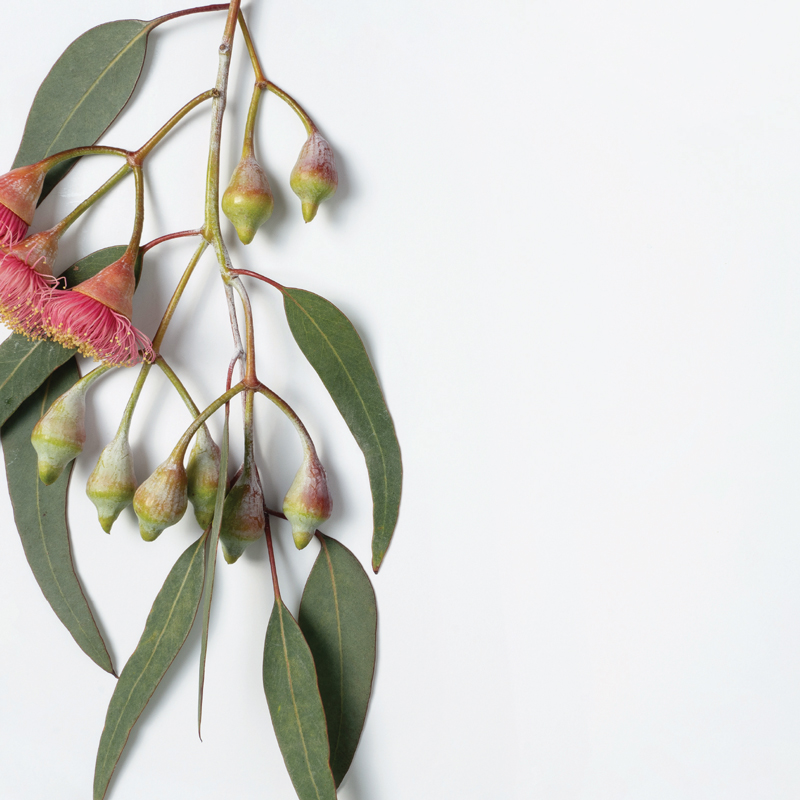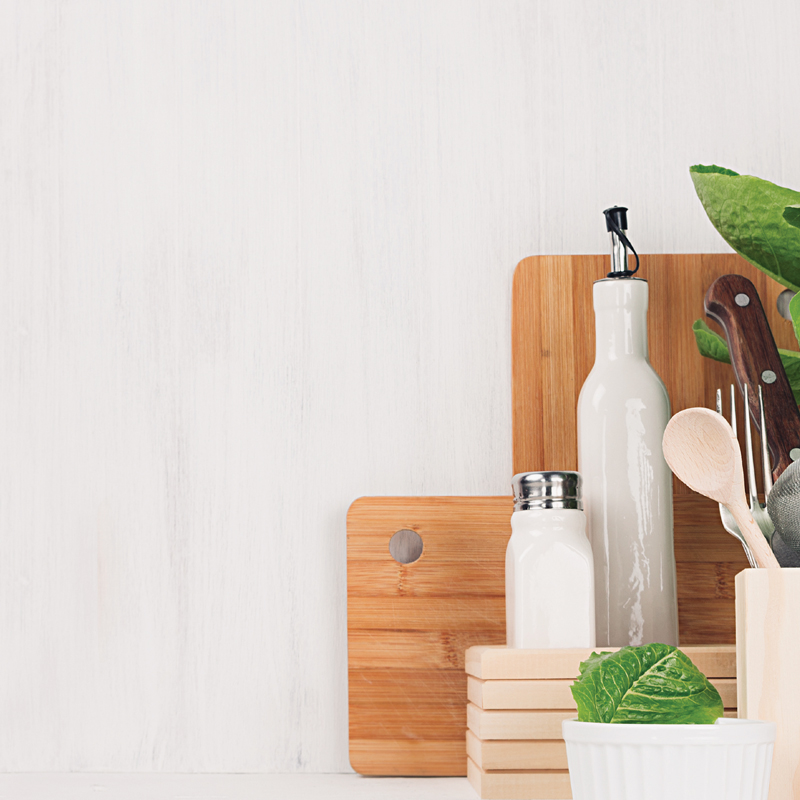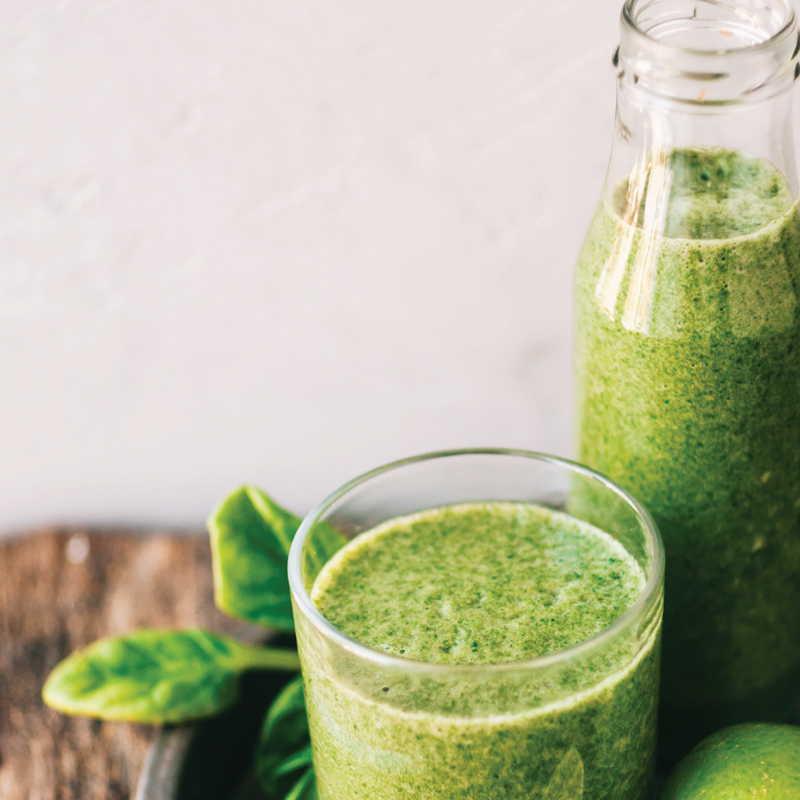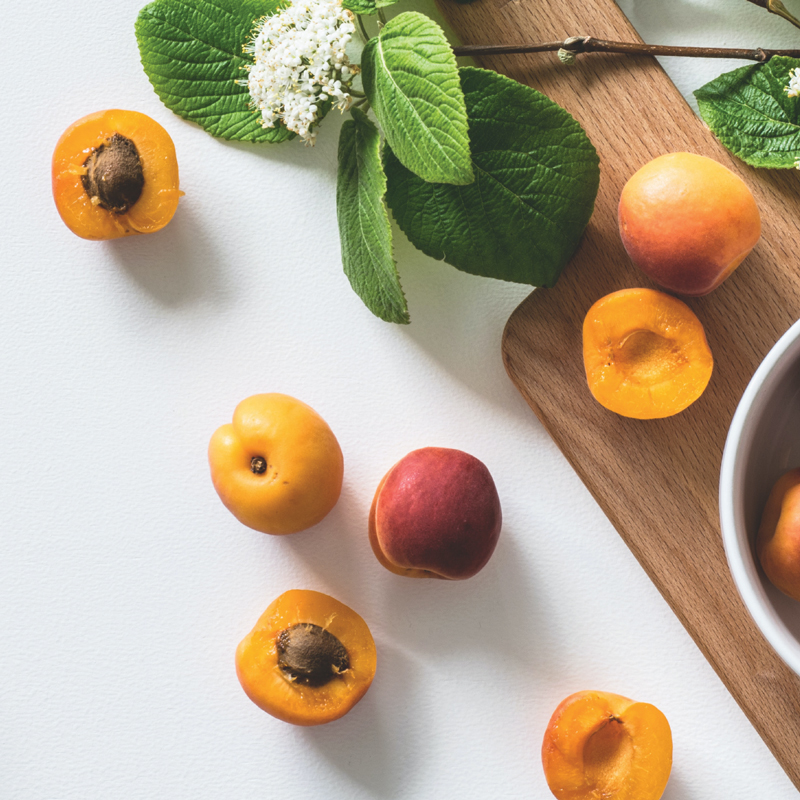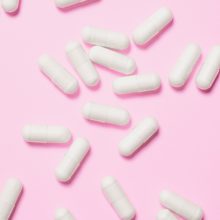
What is the Difference Between Prebiotics and Probiotics?
Prebiotics and probiotics get thrown around interchangeably on social media, in conversation, even website articles but they are actually two very different things. Whilst they’re both very beneficial to our health, arguably, one may be more important than the other and below I’ll explain why.
What is the microbiome?
The human gut microbiome is a collection of trillions of microorganisms; consisting of bacteria, viruses, fungi and yeast. The most predominant microorganisms are bacteria mainly because they are so diverse and abundant in our gut. Whilst the gut microbiome is probably the one you’re most familiar with, the human body actually has many micro-communities; for example the skin, the mouth, the vagina, to name a few; all of which are separate to but heavily influenced by the gut microbiome. Most of the microorganisms of the gut have beneficial properties, but in the right conditions some of these microorganisms can become pathogenic and lead to disease. Every person has their own unique microbiome that is influenced by genetics, environment, diet and lifestyle and even stress. Read on as we discuss the difference between prebiotics and probiotics.
Probiotics
Let’s start with the most ubiquitous; by now I imagine you have at one point in your life, tried a probiotic, it may have been in the form of a capsule or at the very least yoghurt. Probiotics are live strains of carefully selected microbes; utilised for their effect at benefiting health. Probiotics can come in a supplemental form such as a capsule or powder, or as a fermented food such as yoghurt, kefir, kombucha, sauerkraut and kimchi. Keep in mind that food probiotics are not the same thing as supplemental probiotics and if you’re consuming ‘commercial food probiotics’ that have been pasteurised or heated; then they’re actual probiotic effect is negligible, homemade or raw is always best when it comes to probiotic foods. Supplemental probiotics are useful when there is obvious dysbiosis (an imbalance in good and bad bacteria) in the gut; this could be caused by medications or antibiotics, chronic illness, poor digestive function, diet and stress. Specific strains of probiotics have been studied and are well-documented at treating conditions such as infectious diarrhoea, respiratory tract infections, eczema, UTI’s and so much more. Quality probiotics (practitioner only supplements prescribed by a qualified health practitioner) are useful in these instances because they administer targeted strains of microorganisms that help to reestablish and manipulate the microbiome by competing with pathogenic bacteria. They displace those nasty bugs and prevent them from multiplying; they stimulate immune function; vitamin synthesis and absorption; reinforce the gut barrier and regulate metabolic processes (such as cholesterol absorption and glucose metabolism).
Prebiotics
Food is medicine; and prebiotic foods may be one of the most powerful medicines. Why? Prebiotics are very cool, they are non-digestible food particles that usually come from dietary fibre and they work to feed beneficial bacteria, helping the good guys to proliferate and keeping the bad guys at bay. “Prebiotics” and “dietary fibre”, are two terms used interchangeably, however they are not the same thing: prebiotics can be dietary fibre, however not all dietary fibre are prebiotics. The most significant difference between these two terms is that dietary fibre will feed the majority of the microorganisms residing in your colon; however, prebiotics are fermented by and feed very specific strains of colonic bacteria. These bacteria have been studied extensively for their health promoting effects. Whilst, I would encourage ALL my patients to eat more dietary fibre, we should also be including at least a small amount of prebiotic foods into our daily diet too! Interestingly, irritable bowel disease (IBD) is associated with a reduction in some gut bacteria and an increase in gut mucosal inflammation, and most GIT disorders such as IBD and IBS, develop in areas of the world with a low intake of prebiotic foods. Whilst the optimal intake of dietary fibre is 30g per day (click here to see what this looks like); the ideal amount of prebiotic foods is about 15g, any more than this can lead to lower GI symptoms of bloating or gas due to the fermentation process of these foods. If you’re new to prebiotics or suffer from IBS-like symptoms I would recommend you start small with your prebiotic foods and gradually increase as time goes on. That’s why working with a qualified Nutritionist or Naturopath is recommended, as too much of a good thing can lead to bloating!
So what is a prebiotic food? You’ll be happy to know that you will have most of these things on hand already!
- Garlic
- Onions, leeks
- Asparagus
- Oats
- Green bananas
- Apples
- Jerusalem Artichokes
- Nuts
- Seaweeds and microalgae
Want to know more about gut health or how prebiotics and probiotics can help you? Phone the clinic on 02 4961 4075 to book a free mini phone consult.
Yours in health,
Samantha Wilson


